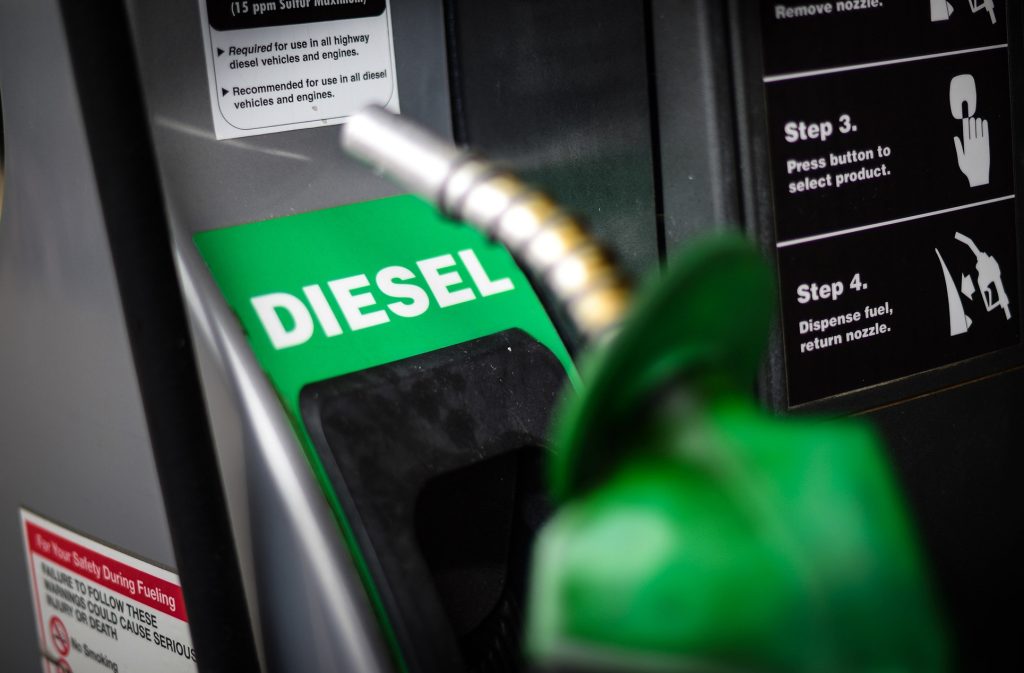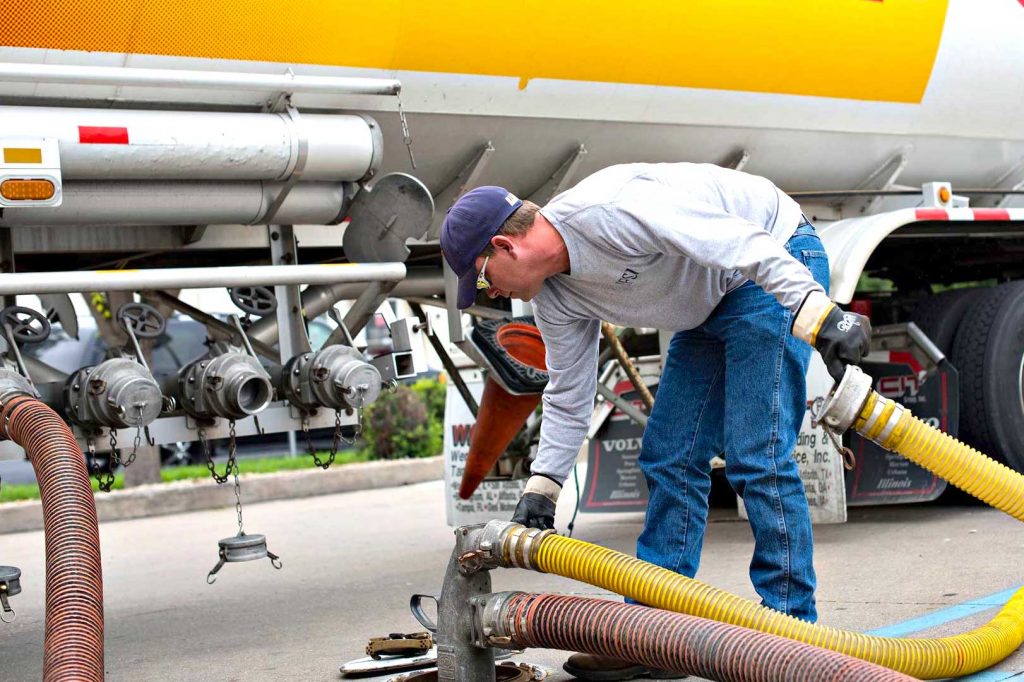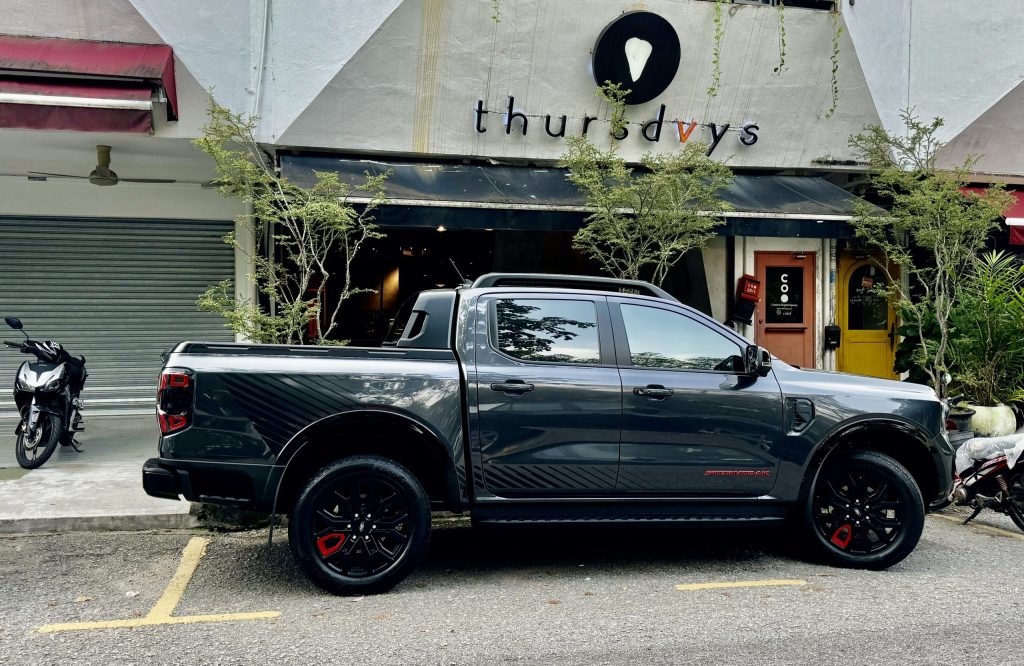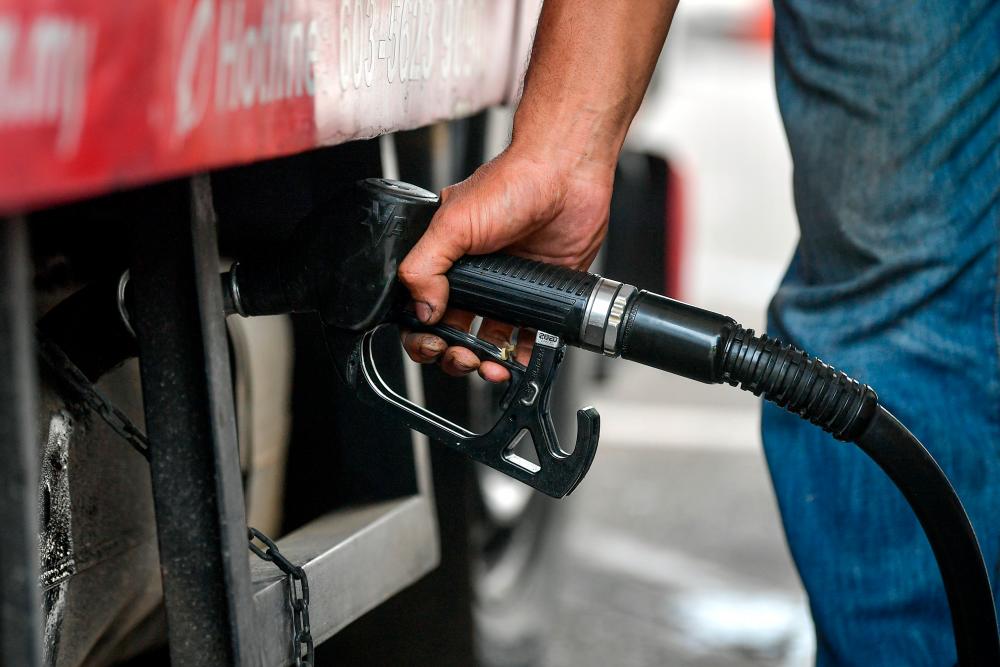Retail Sales Of Diesel Drops By 30% After Subsidy Rationalisation

Commercial diesel sales have instead increased by some 4 million litres per day since then, pointing to prior rampant abuse of subsidised diesel.
While many may still be not best pleased with the government’s recent move in removing the blanket subsidy for diesel fuel in Peninsular Malaysia, this policy nevertheless seems to at least be currently achieving the government’s main goal of curbing the rampant abuse (by both Malaysians as well as foreigners) of this subsidy.

Total diesel retail sales at fuel stations have after all decreased by almost eight million litres per day, or nearly 30% for the first week (June 10th to 17th) following the announcement of retargeting the implementation of diesel subsidy, compared to the week before (June 1st to 8th), reported Finance Minister II Datuk Seri Amir Hamzah Azizan in his speech to Parliament regarding the implementation of the retargeting of diesel subsidies on Monday.
“For the same period (from June 10th to 17th) meanwhile, commercial diesel sales have increased as much as four million litres a day,” he added. This statement was served up as further evidence to a significant chunk of subsidised diesel had been previously consumed by the local industrial sector, when they should have been purchasing diesel at market prices instead.

Amir Hamzah then followed on by stating that going from information received from one of the oil companies, diesel sales at the country borders showed a 40% decline. “This confirms that [previously], there were activities of diesel smuggling into the country at our borders,” he continued.
The blanket diesel subsidies in Peninsular Malaysia was lifted on June 10th, with its retail price rising from RM 2.15 to RM 3.35 per litre. The government’s Budi Madani programme however provides monthly aid of RM 200 to selected vehicle owners and businesses to help offset the higher pump prices.
“For Budi Madani, as of June 19, there were a total of 100,000 individual and Agri-Komoditi applications were approved,” reported Amir Hamzah. Of the total number, 76,000 applicants have supposedly received the RM 200 monthly cash assistance as early as June 10.

The Finance Minister II has also stated that as of June 20th, a total of 73,000 logistics companies involving 223,000 vehicles have submitted their applications for the diesel fleet cards. He then continued to mention that 129,000 fleet cards have since been issued by petroleum companies following these applications.
This move to replace broad diesel subsidies with a more targeted mechanism aims to save the government RM 4 billion a year, but Putrajaya is still forking out up to RM10 billion in diesel subsidies. This figure covers the still-ongoing diesel subsidies in Sabah and Sarawak (RM 3 billion), subsidies for the public transport sector and the Peninsular Malaysia logistics sector (RM 4 billion), the aforementioned cash assistance for individual vehicle owners and small agri-commodity entrepreneurs (RM2 billion), as well as fishermen’s diesel subsidies (RM1 billion).

Discussing the more macroeconomic impact of this new policy too, Amir states that the government is confident of meeting the inflation (2%-3.5%) and GDP targets (4%-5%) for the year. Deputy Domestic Trade and Consumer Affairs Minister Fuziah Salleh then followed up by stating in the parliamentary session too that the prices of goods have also remained under control, despite the changes in the country’s diesel subsidy programme.
And on that point of potential profiteering by opportunists, the government has emphasised for the enforcement agencies to currently be actively working together in curbing these practices. Various operations have also since been organised to crack down on smuggling activities, and any other element that affects the stability of supply of goods and services.

Last year, a total of 877 cases were investigated under OPS TIRIS 1.0 and 2.0, and this resulted in a total seizure of around 6.44 million litres of diesel with an estimated value of over RM14.2 million, according to Amir Hamzah. On Jan 1, 2024 meanwhile, these operations continued under the framework OPS TIRIS 3.0, and the 570 cases handled up to June 22, 2024 saw the seizure of more than 5.1 million litres of diesel with an estimated value of almost RM 12 million, as well as RM 46 million worth of seized assets and equipment.
The Ministry of Domestic Trade and Costs of Living (KPDN) had also mobilised OPS KESAN 2.0 to monitor the impact of the implementation, and to ensure that there are no elements of profiteering occurring, in accordance with the law under the Price Control and Anti-Profiteering Act 2011. As of June 20, 2024, a total of 2,100 premises had been inspected throughout the country and of that number, 210 written notices under Section 21 of the Price Control and Anti-Profiteering Act 2011 had been issued to dealers nationwide.




